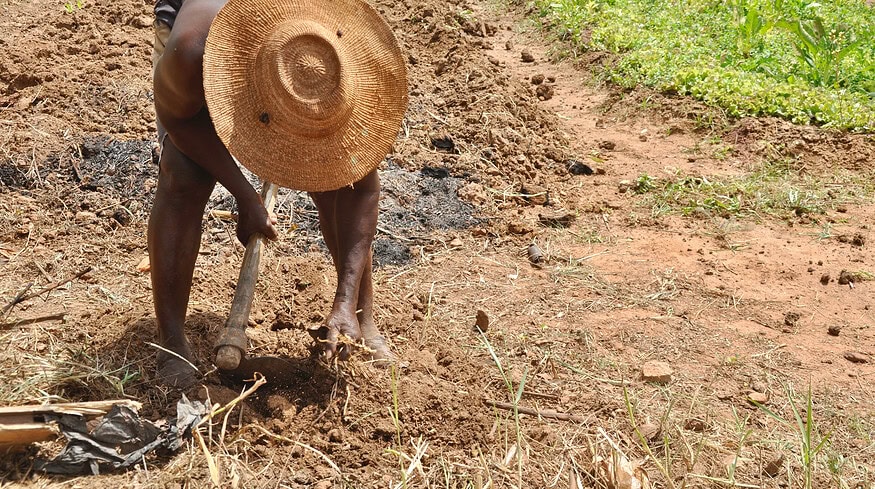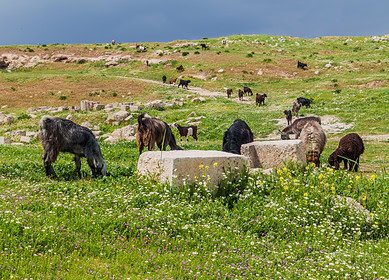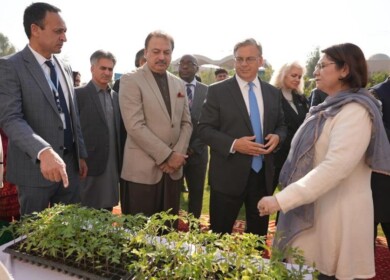Dry season gardening: Ghana’s vital response to climate change

In Ghana, farmers are being urged to diversify agricultural production to include all-year-round farming, particularly focusing on dry season gardening, as a means to boost the country’s food sufficiency and address the growing food security needs of its citizens. Dr. Raphael Ane Atanga, the Research Team Lead of the Monitoring and Evaluating Climate Communication Education (MECCE) case study project in Kuliyaa, highlighted the importance of dry season gardening as a potential solution to climate change challenges if properly implemented.
Presenting research findings on the MECCE project in Kuliyaa, Kasena-Nankana West district, Dr. Atanga emphasized the critical role of research in modern agriculture, especially given the adverse effects of climate change, such as prolonged droughts and floods, which render traditional farming practices unproductive. The twelve-month research project, led by Dr. Raphael Ane Atanga alongside Dr. John Bosco Acharibasam, Dr. Paul Achonga Kabah Kwode, Dr. Ranjan Datta, and Dr. Janet McVittie, was supported by MECCE. The study revealed that dry season agriculture not only provides families with food and income but also plays a key role in climate change adaptation education, enhancing resilience to drought and offering an alternative source of livelihood.
During the project, women dry season farmers in Kuliyaa formed a community, creating communal plots and collaboratively working on dry season agriculture. This approach not only fostered a sense of community but also served as a platform for engaging in climate change adaptation education and communication. “Dry-season gardens serve as pedagogical sites for rural women in the community of Kuliyaa,” Dr. Atanga explained.
Highlighting the need for technological investment in dry season farming to increase cost-effectiveness and yields, Dr. Kwode stressed that with the right support, Ghanaians could produce essential crops like tomatoes and other vegetables to meet domestic demands. He also noted the importance of a gender-balanced approach in community farming, where women and men work together for mutual benefit, supporting women’s empowerment and cultural change.
Source: GNA







Discussion0 comments